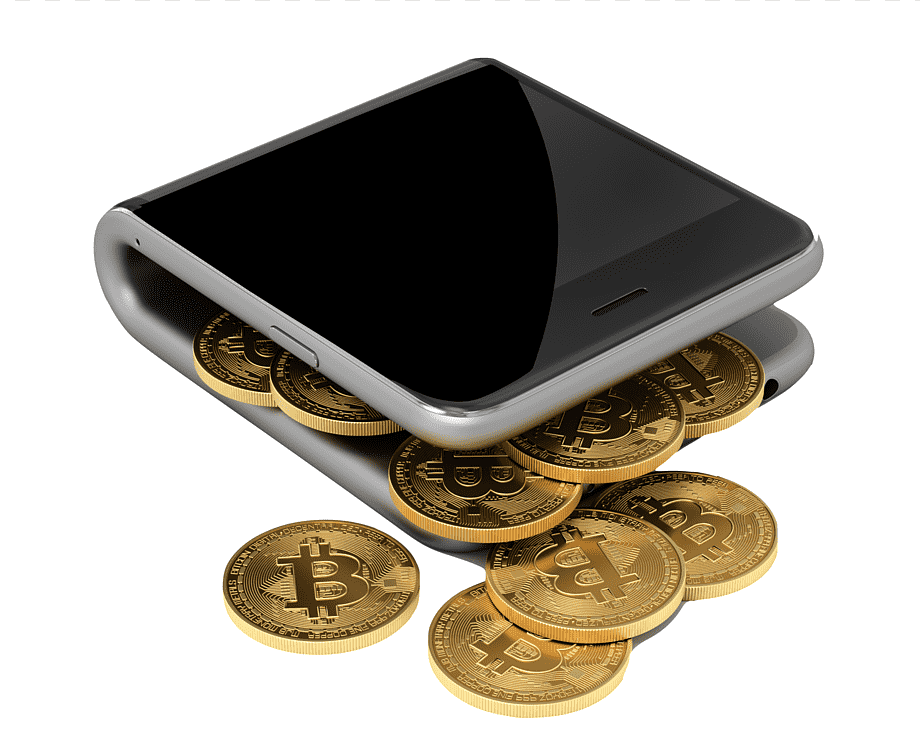Think of it as a digital equivalent of a physical wallet, but instead of holding paper currency and cards, it stores cryptographic keys that represent ownership of cryptocurrency tokens.
There are several types of cryptocurrency wallets, each with its own characteristics in terms of security, accessibility, and ease of use:
Software Wallets: These are applications or programs installed on computers or mobile devices. They can be further categorized into:
Desktop Wallets: Installed on a computer cryptocurrency wallet and accessible only from that device. They provide full control over the wallet and its security but are susceptible to malware and hacking if the computer is compromised.
Mobile Wallets: Installed on a smartphone, offering convenience for on-the-go transactions. They are generally user-friendly but may lack some security features compared to desktop wallets.
Online Wallets: Also known as web wallets, these are hosted on cloud-based platforms, accessible from any internet-connected device. While convenient, they are considered less secure because the private keys are stored on third-party servers, making them vulnerable to hacking attacks.
Hardware Wallets: These are physical devices specifically designed for storing cryptocurrency keys offline, providing an extra layer of security. They are immune to computer viruses and are considered one of the safest options for long-term storage of large amounts of cryptocurrency.
Paper Wallets: A paper wallet is a physical document containing the public and private keys of a cryptocurrency address. It's generated offline for added security and is immune to hacking attacks since it's not stored electronically. However, it's essential to keep the paper wallet safe from physical damage, loss, or theft.
Brain Wallets: A brain wallet is a method of storing cryptocurrency keys in one's own mind. Users create a passphrase that, when hashed, generates a private key. While theoretically secure, brain wallets are susceptible to brute-force attacks if the passphrase is weak.
Choosing the right cryptocurrency wallet depends on factors such as security preferences, frequency of transactions, and the amount of cryptocurrency to be stored. It's crucial to research and understand the features and risks associated with each type of wallet before making a decision. Additionally, implementing best practices like enabling two-factor authentication, regularly updating software, and keeping backups can further enhance the security of cryptocurrency wallets.
